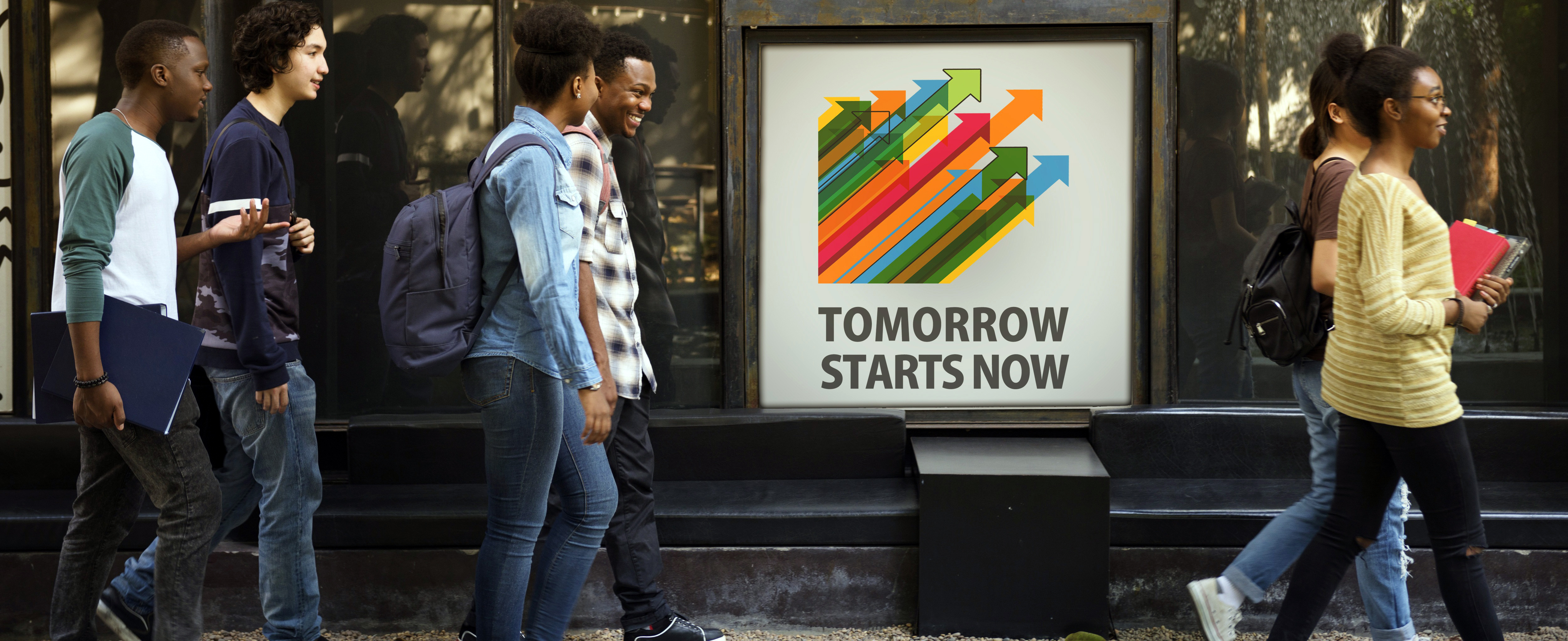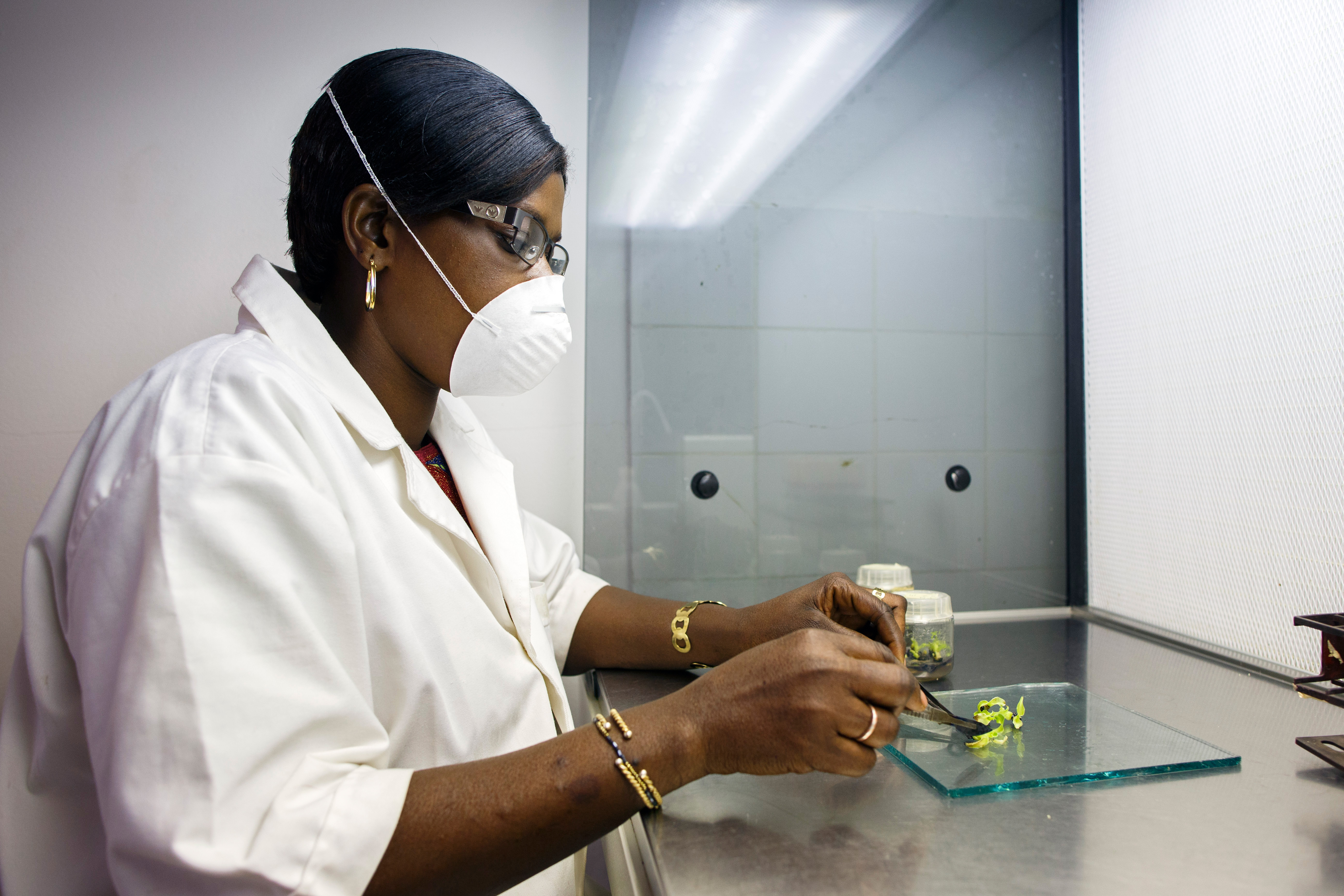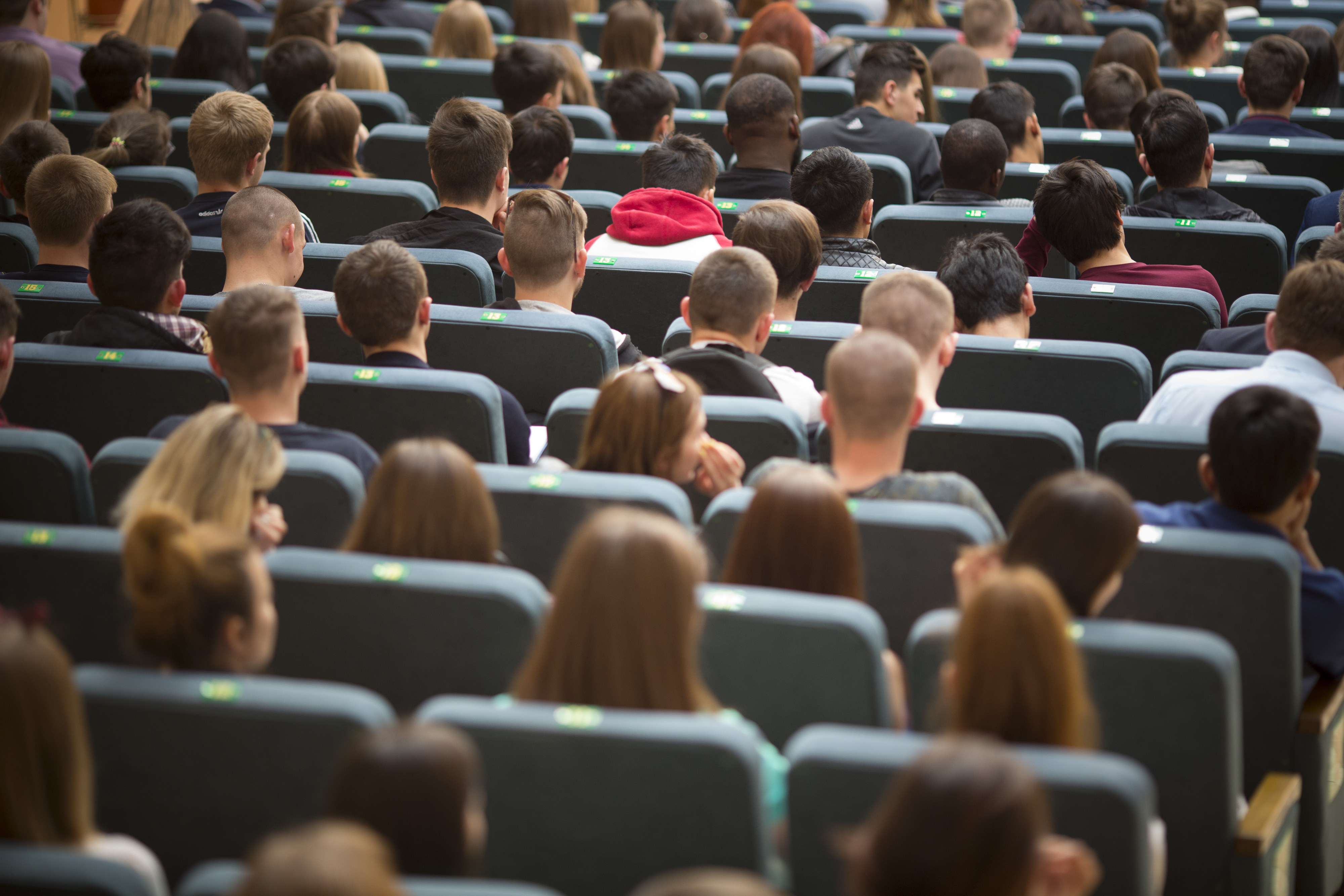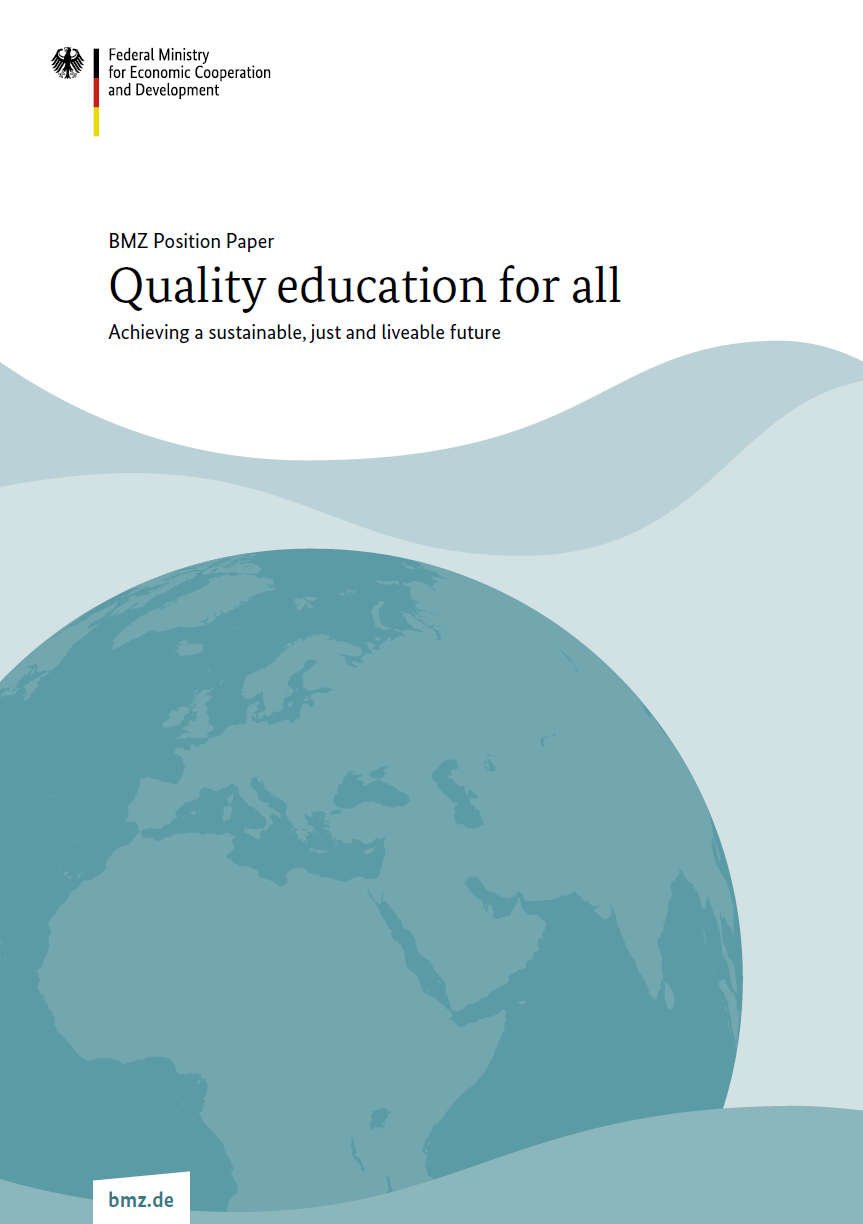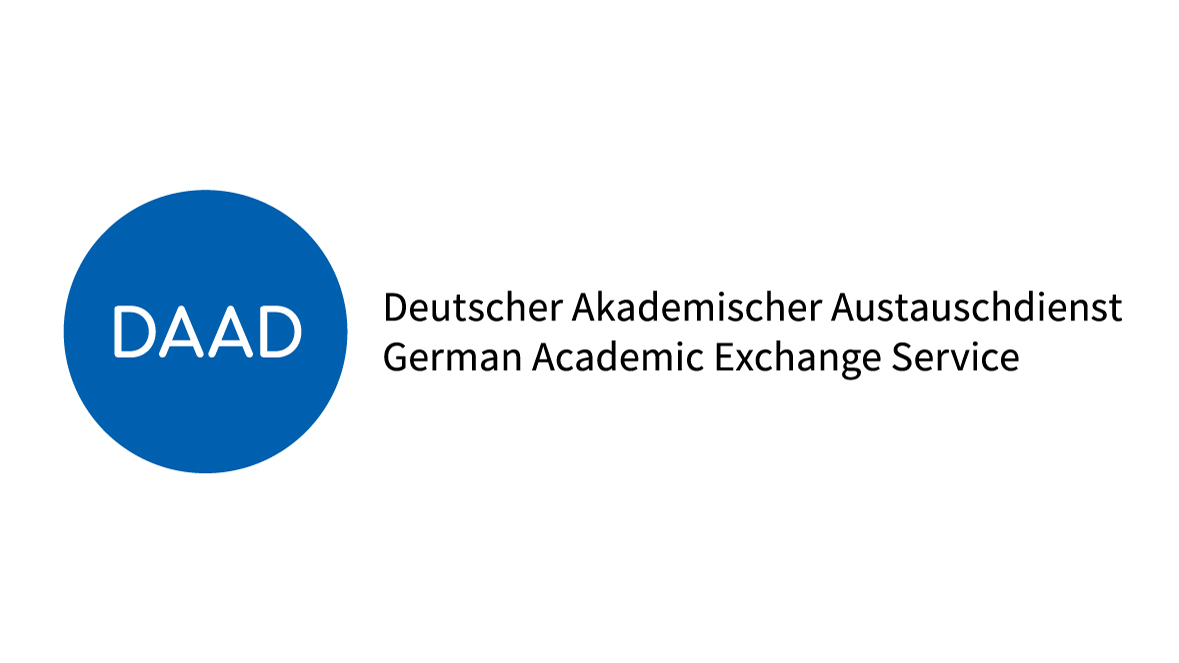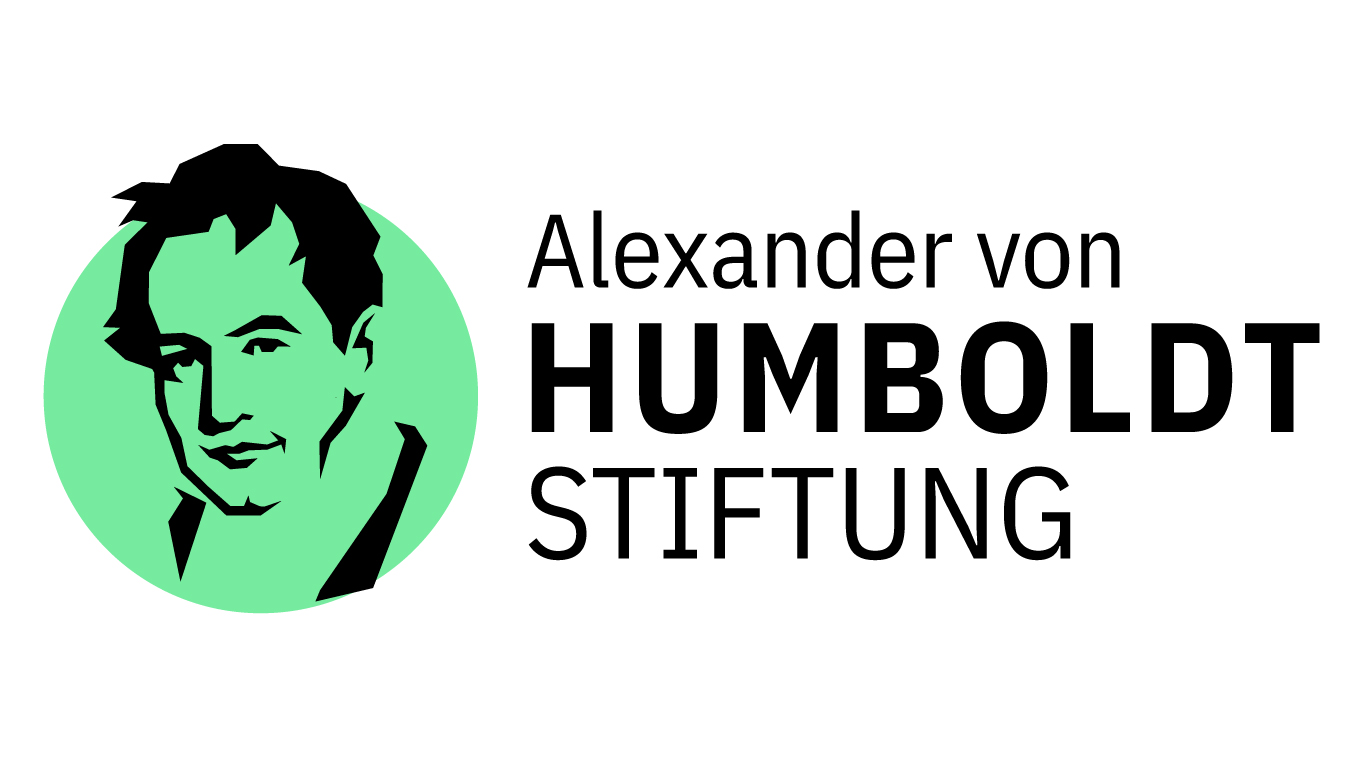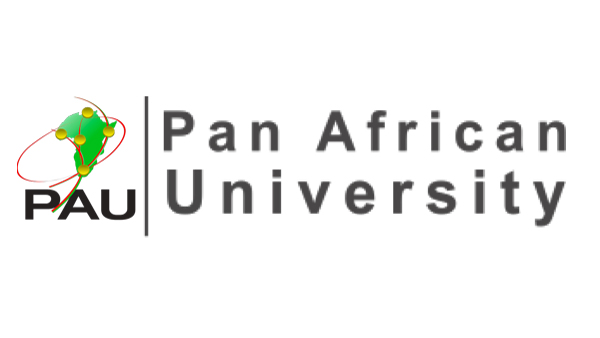Higher education and science Educating tomorrow’s leaders and leveraging the innovative power of science
Students, teaching staff and researchers at higher education institutions are crucial actors in processes of social change. They develop solutions to the urgent issues of today and tomorrow, gather valuable knowledge and initiate innovation.
Higher education has expanded considerably in recent decades. In 1970, only around 10 per cent of any given age cohort worldwide was enrolled in higher education; by 2022, this figure had reached 40 per cent. In the Global South in particular, the potential of higher education and academic institutions is not yet being fully realised, however – there is a lack of funding and access to networks and databases. While in sub-Saharan Africa less than 10 per cent of any given academic year is enrolled in higher education, this figure is as high as 80 per cent in Europe and North America.
But the number of students is rising in developing countries and emerging economies, too, and with it the demand for applied research and practical higher education that is geared towards the job market. In order to find joint solutions to global challenges, this potential needs to be leveraged and academic cooperation with the Global South increased.
German activities Equal access to practical study programmes
Germany is working to improve the quality and status of higher education in developing countries and emerging economies, and to ensure fair and non-discriminatory access to higher education. In order to enable students from disadvantaged backgrounds to benefit from higher education, Germany supports scholarship programmes, for example, and invests in expanding the use of digital tools. Targeted support is also provided to training and research sectors that are relevant for development, such as climate action, water management, renewable energy, sustainable urban development and land use.
Financial commitments
The German government departments involved in supporting higher education and research in a development context are the Federal Foreign Office, the Federal Ministry for Economic Cooperation and Development (BMZ), and the Federal Ministry of Education and Research (BMBF). In addition, comprehensive support is provided by Germany's federal states (Länder).
The importance of the topic is reflected in the extent of the financial support offered as part of development cooperation. In 2021, 66 per cent of Germany’s ODA contributions in the area of education (around 1.79 billion euros) went towards higher education and training skilled workers and managers. The bulk of this went towards imputed student costs, that is, the costs incurred by German higher education institutions when they receive students from developing countries. These costs are borne by the Länder, which finance most education institutions in Germany. 84.8 million euros came from the BMZ.
Areas and approaches
The BMZ’s support aims in particular to strengthen education and academic systems and ensure equal access for all population groups. Study programmes should be practical and geared towards the job market, so that future managers and skilled workers can take on roles in business, government and society that have an impact on development.
The BMZ is fostering innovation in partner countries through academic collaborations in order to find local solutions in the area of sustainable development. It applies various approaches to supporting higher education and science:
- Individual support for skilled workers and managers, for example through scholarship programmes and alumni networks. In line with its feminist development policy, the BMZ puts particular emphasis on increased support for women.
- Inter-university cooperation programmes, for example to help set up and develop teaching and research programmes, improve the management of higher education institutions, and develop quality assurance systems.
- Advisory services for education policymakers and higher education institutions as part of technical cooperation.
- Support for networks of higher education institutions and for exchange programmes, with a view to enabling players in our partner countries to take part in international academic dialogues.
- Infrastructure development, for example building or equipping higher education institutions.
- Setting up student loans funds as part of financial cooperation.
Actors, partnerships and instruments
In addition to relying on the classic procedures and instruments of development cooperation, the BMZ works closely with partners that have been successfully organising and fostering international dialogue between students, teaching staff and researchers for many decades.
German Academic Exchange Service (DAAD)
The German Academic Exchange Service (External link) (DAAD) uses BMZ funding to finance scholarships and alumni programmes for students and academics from developing countries and emerging economies. The DAAD also supports partnerships between higher education institutions, and quality improvement programmes in higher education management. It works to expand teaching and research in areas related to development policy, and acts as an intermediary between German higher education institutions and their international partners. There are currently 10 programmes financed by the BMZ.
Among other things, in recent years the DAAD has launched seven SDG Graduate Schools (External link) around the world using BMZ funding. In collaboration with partner institutions in the Global South, German higher education institutions have developed over 100 study programmes and established these within the partner institutions. Some 300 scholarships have been awarded so far.
There is also the sur-place/third-country scholarship programme (External link), which offers students BMZ-funded DAAD scholarships for post-graduate studies in their region of origin. In addition, the DAAD has received funding through the BMZ Special Initiatives “Displaced Persons and Host Countries” and “Decent Work for a Just Transition”, including for establishing University-Business Partnerships between companies and higher education institutions.
Alexander von Humboldt Foundation
In addition to expanding academic structures, fostering the academic potential of individuals in developing countries and emerging economies also plays an important role. The Alexander von Humboldt Foundation (External link) offers academics with above-average qualifications the opportunity to carry out challenging research projects related to development at German universities. The BMZ-funded scholarship programme includes the Georg Forster Research Fellowships and the Georg Forster Research Award (see: Georg Forster fellowship programme).
International Sustainability Academy (ISA)
The Hamburg-based International Sustainability Academy (External link) (ISA) is a project run by the Schutzgemeinschaft Deutscher Wald (German forest protection association). The Academy is funded by the BMZ, and aims to strengthen international cooperation on the Sustainable Development Goals (SDGs). It combines work on the ground with establishing international networks. The scholarship programme is aimed at young academics, professionals, founders and employees of NGOs in developing countries and emerging economies whose work addresses the topics of climate action, education, rural development and gender equality. Since 2019, 71 scholarships have been awarded, with 34 going to women and 40 to applicants from Africa.
Global Labour University (GLU)
The Global Labour University (External link) (GLU) is a worldwide network made up of higher education institutions, national and international trade unions, foundations and the International Labour Organization (ILO). Founded in 2003, the GLU offers trade union members and other interested individuals access to training programmes on political, economic and social aspects of globalisation. It also supports research and international dialogue around trade unions’ options and scope for action. The GLU’s online formats in particular have a wide reach, with over 20,000 participants from more than 50 countries having taken part to date.
As at: 26/07/2023
